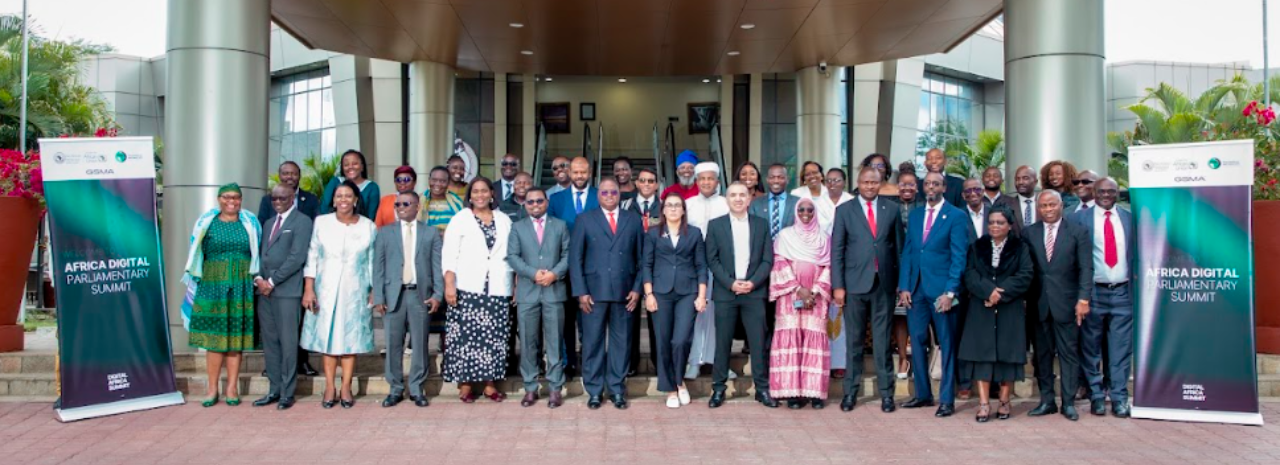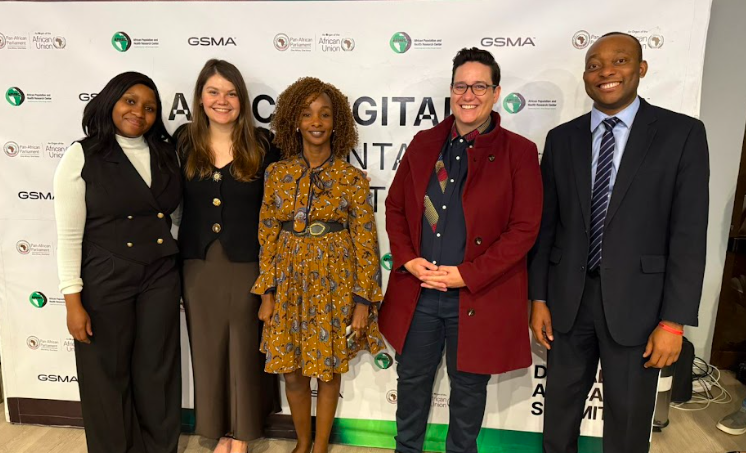
Digital health in Africa: Genesis highlights gaps and opportunities
21 July 2025
At the recent Africa Digital Parliamentary Summit, Genesis Analytics and GSMA presented a report on digital health, laying out a roadmap for transforming healthcare delivery across the continent. The summit, held on July 10, brought together policymakers, regulators and industry leaders to confront Africa’s systemic health challenges and to harness technology as a force for equitable, scalable solutions.
The digital health imperative
The report frames digital health not as a mere digitisation of records, but as a systematic application of technology and data to transform healthcare. According to the World Health Organisation, this means leveraging advanced tools like AI, genomics and interoperable systems to bolster disease resilience, expand coverage and improve outcomes.
Yet its potential hinges on a critical foundation: reliable connectivity. Without robust 4G, 5G and broadband networks, even the most innovative tools remain out of reach for millions.
Africa’s health systems face well-documented strains: fragmented services, workforce shortages and uneven access.
Digital health, the report argues, can bridge these gaps. Telemedicine can connect rural patients to specialists, AI-driven diagnostics can alleviate overburdened clinics and interoperable data systems can streamline resource allocation. But progress demands more than isolated pilot projects, it requires systemic investment, regulatory coherence and cross-sector collaboration.

Barriers and breakthroughs
The summit highlighted persistent hurdles: siloed policies, erratic funding and a lack of harmonised standards. Africa’s digital health landscape remains a patchwork, with some nations leapfrogging ahead while others lag. The report urges a Pan-African approach, calling for model laws on data privacy, AI ethics and interoperability to replace today’s fragmented governance.
Mobile network operators (MNOs) were singled out as pivotal players. With their extensive reach, MNOs can anchor last-mile connectivity for remote health services. Yet private investment alone is insufficient. Public-private partnerships (PPPs) must prioritise infrastructure in underserved regions, where connectivity gaps mirror healthcare disparities.
A roadmap for action
The path forward requires decisive, coordinated action: legislative harmonisation, strategic funding, digital upskilling and agile governance. The Pan-African Parliament must lead in drafting model digital health laws to standardise data security and interoperability, ending today’s fragmented regulatory landscape. Concurrently, governments should redirect domestic budgets toward digital infrastructure while leveraging blended finance - public-private partnerships and risk guarantees - to unlock private capital for underserved regions.
Yet technology alone is futile without adoption: continent-wide digital literacy initiatives, from clinician training to public awareness campaigns, are critical to bridge the gap between deployment and meaningful use.
Finally, policymakers must embrace regulatory agility, creating permanent ‘sandboxes’ to test innovations in real-world settings, ensuring safeguards evolve alongside breakthroughs rather than stifling them. Together, these steps form a blueprint for a health system where policy, investment and education converge to amplify technology’s impact.